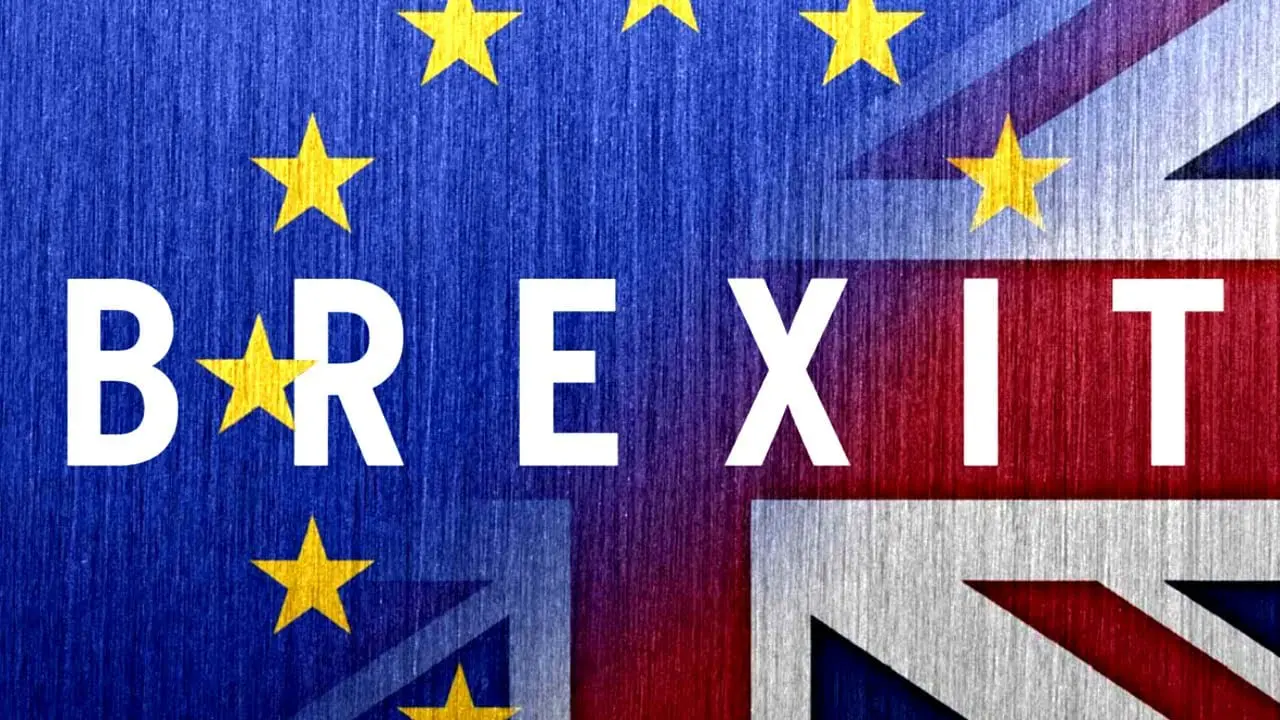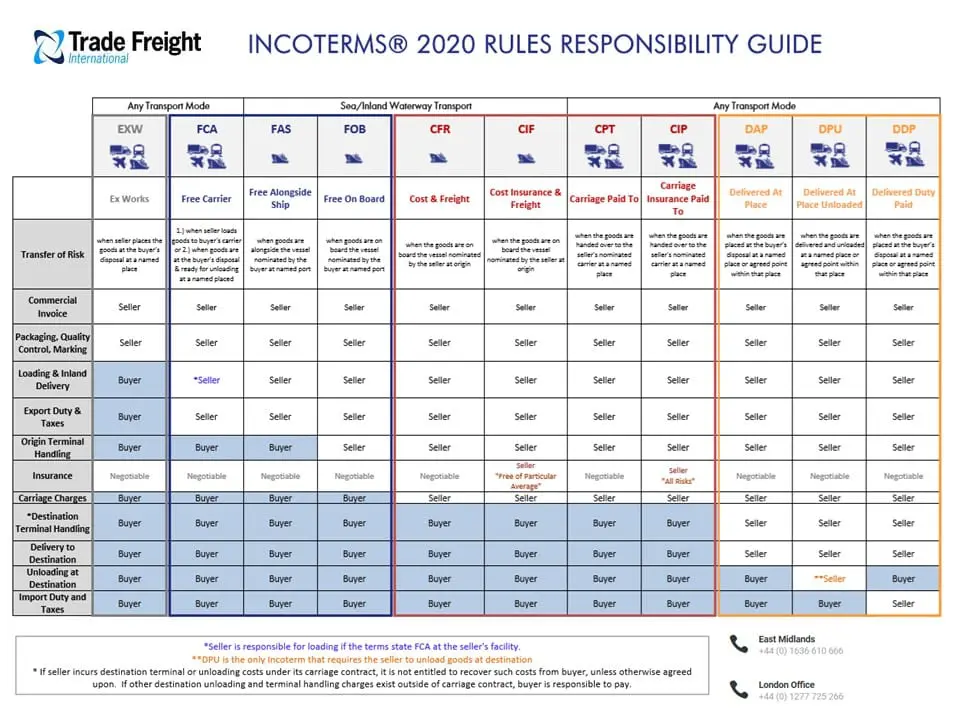Although the budget (and the media’s response to it) was largely dominated by the Coronavirus (and its potential economic impact), it also contained a lot of other useful information. Here is a quick guide to its key facts and their implications.
Interest rates are reduced from 0.75% to 0.25%
This decision was actually taken by the Monetary Policy Committee of the Bank of England and, in principle, is separate to the budget. The announcement was, however, made the same day and also had the “economic shock” of the Coronavirus very much in mind, so it seems fair to include it as it could have significant implications.
On the plus side, it should reduce the cost of business financing, assuming that the majority of business financing is on tracker products rather than fixed-rate products. On the other hand, it could weaken the Pound on the international markets. This would make imports more expensive and hence could reduce demand for haulage and logistics.
The flip side of this is that exports could become more affordable and inbound tourism would become more attractively priced. In principle, this could increase demand for haulage and logistics, but in practice, with the Coronavirus running its course (and no clear picture of how long it will take to do so) and Brexit on the way, whether or not this will happen in reality is anyone’s guess.
Fuel duty is frozen
In principle, this qualifies as news, particularly for the haulage and logistics industry. In practice, fuel duty has now been frozen for the tenth year in a row, so you could argue that it would have been more surprising if it had been raised.
Interestingly, the government is planning to scrap the subsidy for “red diesel” used in off-road vehicles, except for agriculture and rail. This is likely to be of very little relevance to the haulage and logistics industry, except that, in principle, it could reduce the demand for diesel and hence potentially lower prices.
The Chancellor has promised significant investment in road infrastructure
More specifically, the chancellor promised to spend more than £600bn on roads, rail, broadband and housing by the middle of 2025. There will be £27bn for motorways and other arterial roads, including a new tunnel for the A303 near Stonehenge plus £2.5bn will be available to fix potholes and resurface roads in England over five years.
Separately, there will be £200m for flood resilience and £5.2bn (over five years) for flood defences in England. This may be a significant indirect benefit to the haulage and logistics industry as nobody can collect or deliver areas which are literally underwater.
A plastic packaging tax is to come into force from April 2022
Manufacturers and importers whose products have less than 30% recyclable material will be charged £200 per tonne. It will be interesting to see if this has any noticeable impact on the demand for haulage and logistics.
There is to be a £5bn investment in rural broadband
While this might not seem of direct relevance to the haulage and logistics industry, it could open up some interesting possibilities for the future. Like other industry sectors, the haulage and logistics industry is increasingly moving to the cloud, which facilitates remote working. This could allow companies to expand their options for recruiting back-end staff as well as for having people work from home in an emergency (or a future pandemic).
Measures for the Coronavirus
Although these are not specific to the haulage and logistics industry, they will have implications for it. Statutory sick pay and Employment Support Allowance will both start from day one rather than day four and day eight respectively (for people who are self-isolating). Firms with fewer than 250 staff will be refunded for sick pay payments for the two week isolation period. Small businesses will also be able to access “business interruption” loans of up to £1.2m.



Recent Comments